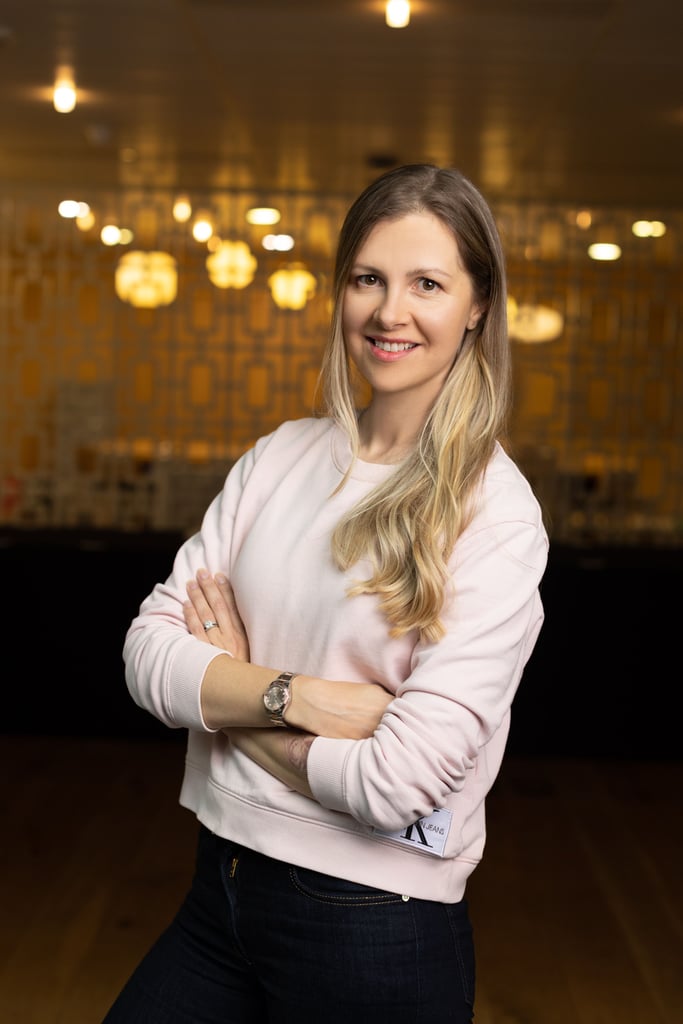
The team at Daisy Lab are here to make radical change with science – by taking the cows out of dairy.
Founders of the women-led start up, Irina Miller, Nikki Freed, and Emily McIsaac are passionate about addressing pollution issues caused by dairy – New Zealand’s largest export industry.
In New Zealand, agriculture and livestock is responsible for over half of the country’s total carbon emissions, with the dairy industry contributing a large amount of this.
“Everyone now agrees, including our dairy giants, that we can’t increase the herds anymore. We need to start decreasing them,” says Miller. However, the demand for dairy continues to grow.
Coming from a dairy industry background, Miller first heard about precision fermentation while working at Fonterra.
Precision fermentation is the process of training an organism to produce a protein that “we want to express”, such as milk proteins, she says. Using gene editing techniques, the protein is inserted into the organism, which then goes about its life “producing its own protein alongside the protein that we asked for”.
“It made so much sense. I thought it was absolutely how New Zealand would be producing dairy and if it wasn’t Fonterra, someone else would do it,” she says.
It is expected that a five-day fermentation cycle can produce 40g/l, replacing 80 cows with one machine, with the added benefit of not producing methane in the process.
But after years of waiting there was still no company using this science in New Zealand.

“I guess that’s what got me really frustrated and I said, ‘that’s it, there isn’t much time left,’” Miller says.
So, she decided to take it upon herself, and founded Daisy Lab in early 2021, the first and only New Zealand company to be working on creating an alternative to the dairy market through bioengineering.
To get it off the ground, Miller funded the research into the technology, and the journey to create identical milk through precision fermentation began.
If successful, the process means protein can be extracted, purified and then reformulated into dairy milk.
Read more: What China’s love of cheese means for the New Zealand dairy industry.
Daisy Lab is currently working to emulate the protein casein, most commonly found in mammalian milk and the reason traditional cheese stretches – something not found in alternative dairy products such as vegan cheese.
“It will be identical to what Fonterra would get from cows,” says McIsaac. The process is expected to be “potentially better, faster, and with certainly a lot less of an ecological footprint,” she adds.
Daisy Lab is coming onto the scene at a time when the alternative dairy market is growing at a rapid pace. Miller adds that the market for alternative milk is reason enough for New Zealand and the large dairy industry “to be more flexible”.
“The alternative protein industry is not a threat yet, but the trend is certainly interesting. If you look at the facts, the market is growing. So, whether the market is going to plateau at some stage or continue to grow and really overtake the market, we don’t know but we should be considering there is possibility, and we should be gearing up for it,” says Miller.
As for the market for non-animal products, Miller says there will always be a demand for it.

“There will be people who want to know that their milk comes from a cow and then there will be people like me who want to know that it doesn’t come from a cow,” she adds.
In the 12 months of research, Miller says the team have received positive feedback and high investor interest. She adds that being the only company in New Zealand, and one of the few in the world, working with precision fermentation is like “sitting on a goldmine”.
“New Zealand has been about dairy for the past 100 years so we think we can do a lot better than our commercial counterparts. This means getting this technology available so we can one day be part of our exports and offer the same protein at the exact same price.”
Despite still being in the early stages of research, Daisy Lab aims to have a product out of the lab and on the shelves in the next 24 months.
But that doesn’t mean it will be out of the lab entirely with the team looking to “continue to refine and improve the biotech”.
Compared to the other companies in bioengineering, Miller points out that being in New Zealand is a “point of differentiation” compared to other companies in the field based in North America.
“The science is different. The organism we will probably end up using is different but, if you look at the final formulations, there is just so much opportunity for creativity.”
Miller says it will take decades for Daisy Lab to create the same amount of dairy that New Zealand is currently producing “even if the ride is super smooth”.
“I think we want to learn how to integrate into the system currently. We just really want to give this technology a good fighting chance,” she says.




